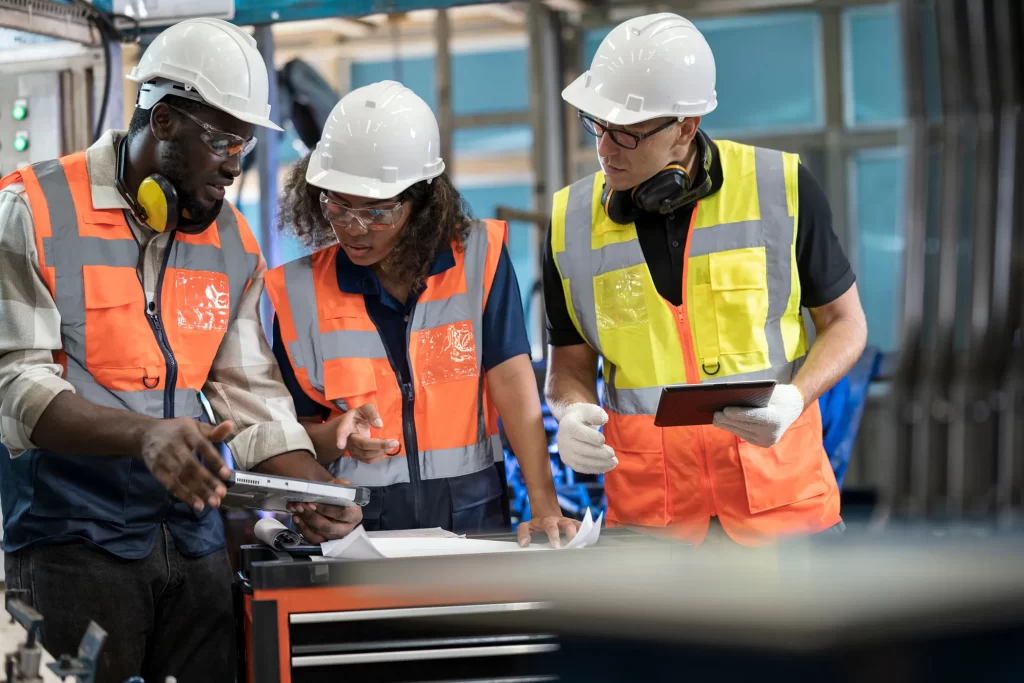
The technological revolution has had a great impact on everything, from how we live to how industries work. One such innovation that has evolved immensely over the years is automation. Yes, automation technology has played a major role in even facilitating technological growth activities. While you may want to adopt it in your daily life, it is essential to understand what this technology is all about.
Continue reading further to gain a comprehensive understanding of what automation is and its benefits.
What is Automation Technology?

At its core, automation simply refers to using technology to perform tasks hassle-free and with minimal human intervention. It involves the application of machines, software, and other technologies to carry out processes that were traditionally done manually. The primary goal of adopting automation technology is to enhance efficiency, accuracy, and speed while reducing the need for human labour in repetitive and time-consuming tasks.
Automation can range from simple mechanisation—where machines assist humans in performing tasks—to more complex systems where machines or software independently carry out processes based on set instructions or artificial intelligence (AI). In essence, automation allows businesses and industries to operate more efficiently, consistently, and safely.
Types of Automation

Once you understand what automation is, another important thing to know is that it comes in various forms. Each type of automation serves different purposes and applications. Here’s a breakdown of the main types of automation:
- Fixed Automation
Fixed automation, also known as hard automation, refers to systems designed to perform a specific set of tasks repeatedly, with minimal flexibility. These systems are often used in mass-production environments where the same product or part is manufactured in large quantities.
The machinery is set up to perform a series of precise operations, ensuring that each part is manufactured consistently and quickly.
- Programmable Automation
Programmable automation offers more flexibility than fixed automation. In this type of automation, machines can be reprogrammed to perform different tasks. This is particularly useful in batch production processes where the same equipment is used to produce different products in varying quantities.
The machines are programmeable to make them handle different designs, allowing manufacturers to switch between products with minimal downtime.
- Flexible Automation
When learning about what automation is also comes its type of flexible automation, which is also known as soft automation. It takes flexibility to the next level. In these systems, machines can automatically switch between tasks without requiring manual reprogramming. This type of automation is ideal for environments where production needs to be highly adaptable, such as in custom manufacturing or when dealing with small batch sizes.
- Integrated Automation
Just when you know what automation is all about, enter the integrated automation type. It refers to the seamless connection of different automated systems within a production environment. This type of automation involves the use of computer systems and software to control and coordinate various machines and processes, creating a fully automated production line. In an integrated automation system, all components—from raw material handling to final product packaging—are connected and controlled through a central system.
Leveraging the Knowledge of What Automation is

Automation is transforming industries across the globe, driving efficiency, enhancing quality, and improving safety. While the initial investment to adopt automation technology can be high, its long-term cost savings are significant. As businesses continue to adopt and integrate automated systems, the benefits are becoming increasingly apparent, making automation a key driver of innovation and growth. Understanding what automation is and its different types helps you identify growth opportunities and optimise your processes.
Collaborating for the same with a reliable automation solutions partner in the industry and enable you to stay competitive.




